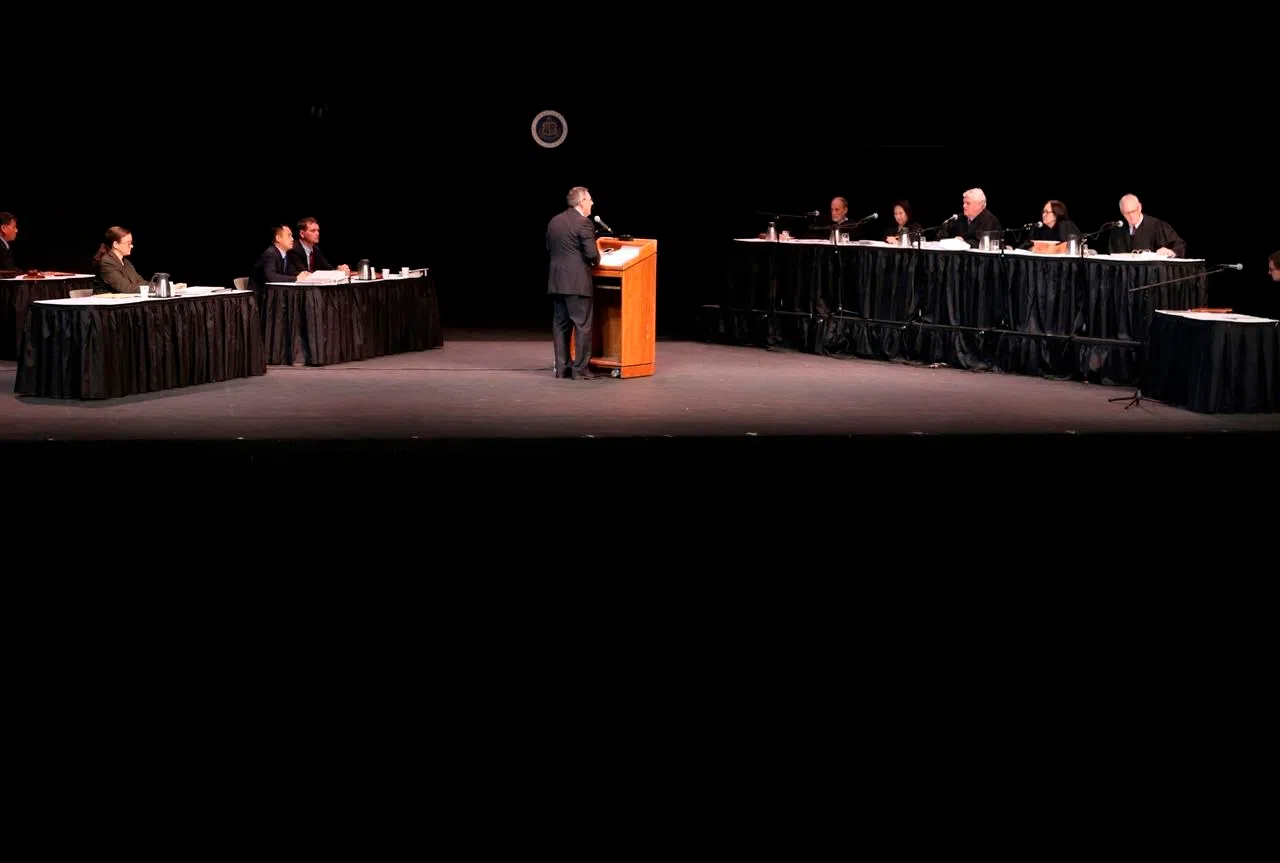
Consent to kids at heart of gay couple’s child support case
KANEOHE, Hawaii — Attorneys for a divorced lesbian couple fighting over child support in a closely watched case agreed Thursday that consent to having a baby together is a crucial issue but disagreed over whether both spouses gave it.
A woman wants to sever her parental rights to a child her ex-wife gave birth to while she was deployed with the military and is asking the Hawaii Supreme Court to overturn a family court ruling denying that request.
The justices heard arguments Thursday and seemed troubled by considering consent. Associate Justice Sabrina McKenna said that could lead to treating same-sex couples differently from opposite-sex couples.
National gay rights advocates are watching how the dispute plays out, likely the first such case before a state Supreme Court, experts say.



